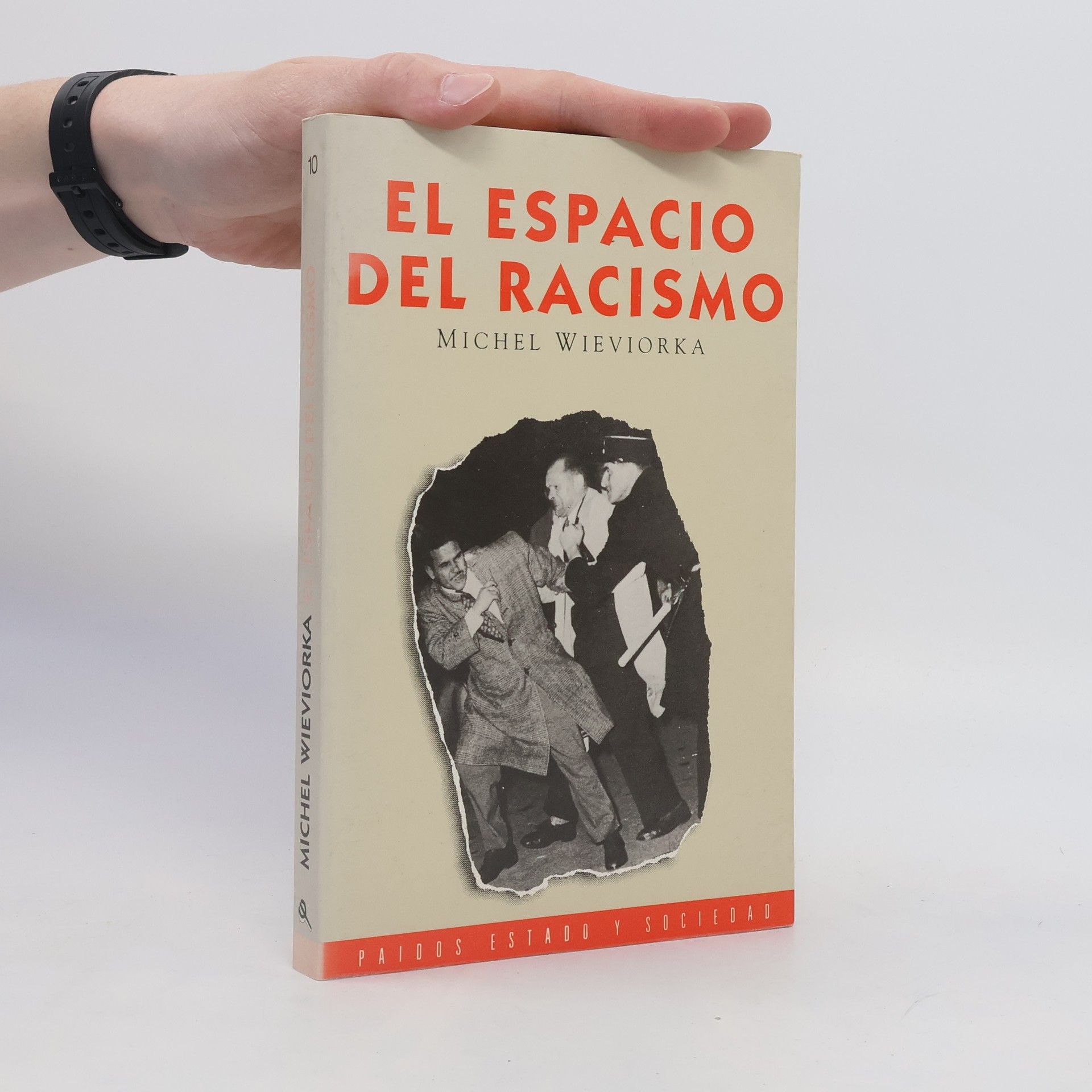Dva Derridovy příbuzné texty o náboženství a odpuštění umisťují současné myšlení do kontextu doby, charakterizované dvěma hlavními jevy. Prvním je „návrat náboženství“, zahrnující náboženské války, fundamentalismus a střet civilizací, ale také moderní projevy náboženství, jako jsou dalajlámova televizní diplomacie a papežovy cesty. Druhým fenoménem je „globalatinizace“, což je aliance mezi tele-technovědeckým kapitalismem a křesťanstvím jakožto zkušeností smrti boha. Tato dualita zahrnuje víru a tradicionalismus na jedné straně a vědění, sekularizaci a demokracii na straně druhé. Kniha se ptá, zda můžeme odmítat globalatinizaci a zároveň věřit v demokracii jako univerzální model. Jak můžeme myslet univerzalitu, která by nebyla pro druhého formou zla? Je dekonstrukce pokračovatelem Kantova projektu osvícenství? Derrida se snaží uchopit přítomnost jako filosof, religionista a teoretik demokracie, přičemž usiluje o myšlení celkovosti, globálnosti a univerzálnosti, avšak s respektem a odpovědností vůči druhému, předcházející sobě samému.
Michel Wieviorka Bücher




Un thème est devenu lancinant : notre monde va très mal et trop vite, l'injustice et la violence règnent sans partage. Dans nos sociétés sans avenir et en proie au cynisme, seule compte l'actualité la plus immédiate. Il existe mille et une façons de s'abandonner ainsi au sentiment de la chute, individuelle ou collective, et celui-ci est singulièrement vif en Europe, et tout particulièrement en France, qui voit son État s'affaiblir et se déliter. Mais l'histoire est ce qu'en font les hommes, il n'y a aucune fatalité, ni naturelle, ni surnaturelle ou divine, qui mènerait nécessairement au pire, et rien n'interdit d'y réfléchir. La perte de sens, le déficit de repères, l'incapacité à nous projeter vers le futur seraient certainement moins envahissants si nous étions capables de mettre en avant des visées, des projets susceptibles de mettre en jeu notre sentiment d'appartenance à une même humanité, de porter des valeurs de solidarité, de responsabilité collective, et, osons le mot, de progrès. L'objectif de cet ouvrage est tout entier là.
El espacio del racismo
- 274 Seiten
- 10 Lesestunden
Michel Wieviorka jest jednym z najbardziej rozpoznawalnych współczesnych francuskich intelektualistów, a jego refleksje są obecne w Polsce od ponad 40 lat. Jako członek francusko-polskiej ekipy socjologów, w 1981 roku badał ruch Solidarność, co przyczyniło się do międzynarodowego uznania tego ruchu jako pokojowego i demokratycznego. Wieviorka jest uznawanym socjologiem, był prezesem Międzynarodowego Stowarzyszenia Socjologicznego oraz kierował Centrum Badań i Interwencji Socjologicznej w paryskiej Ecole des Hautes Etudes en Sciences Sociales. W ostatnich latach prowadził Fundację Dom Nauk Humanistycznych. Opisuje siebie jako „socjologa zła”, koncentrując się na problemach takich jak rasizm, antysemityzm i przemoc. Jego książka analizuje „gorące zjawiska społeczne”, które wywołują silne emocje, podkreślając, że w czasach kryzysu późnej nowoczesności obrona demokracji powinna być priorytetem nauk humanistycznych i społecznych. Przedstawia historyczną i metodologiczną syntezę zmagań z wyzwaniami dla demokracji oraz rosnącymi wpływami jej wrogów. Wieviorka apeluje o odważną socjologię porównawczą, zdolną uchwycić złożoność współczesnego świata.